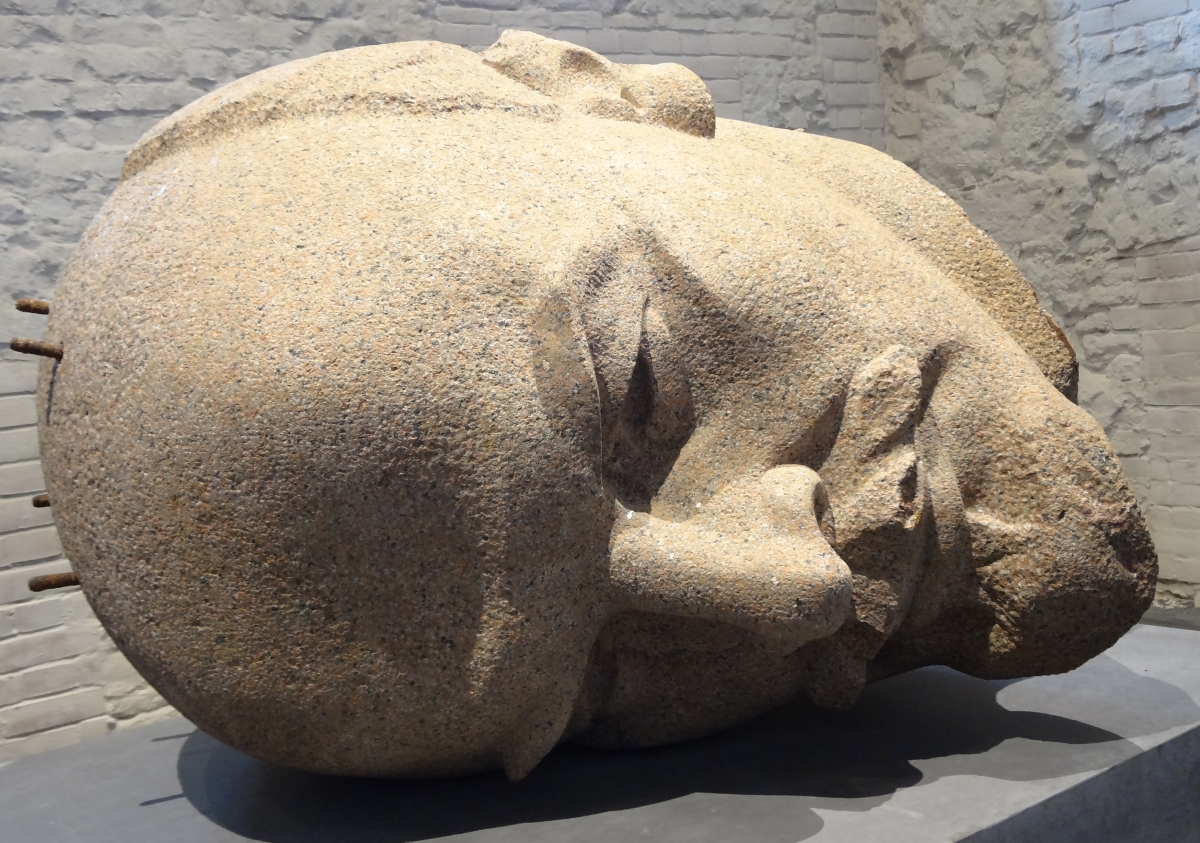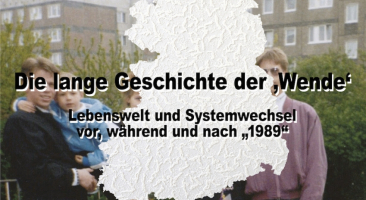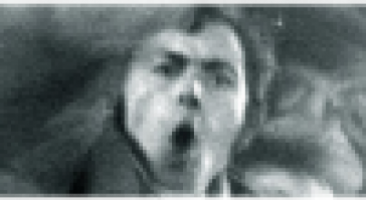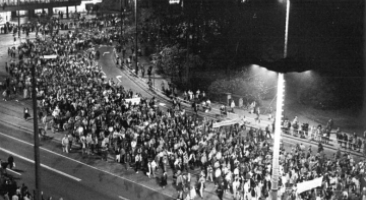Department I: Communism and Society
In Department I, research is focused on the social practices of governance in the GDR and the countries of Central and Eastern Europe, and especially on the transformation processes in the last third of the 20th century including and extending beyond the turning point of 1989–91.
A key emphasis is placed on linking various national research cultures into a transnational understanding of history. Areas of specialization are the history of violence in Eastern Europe and the transformation of burgeoning civil-society movements and social structures in late and post-communism.





